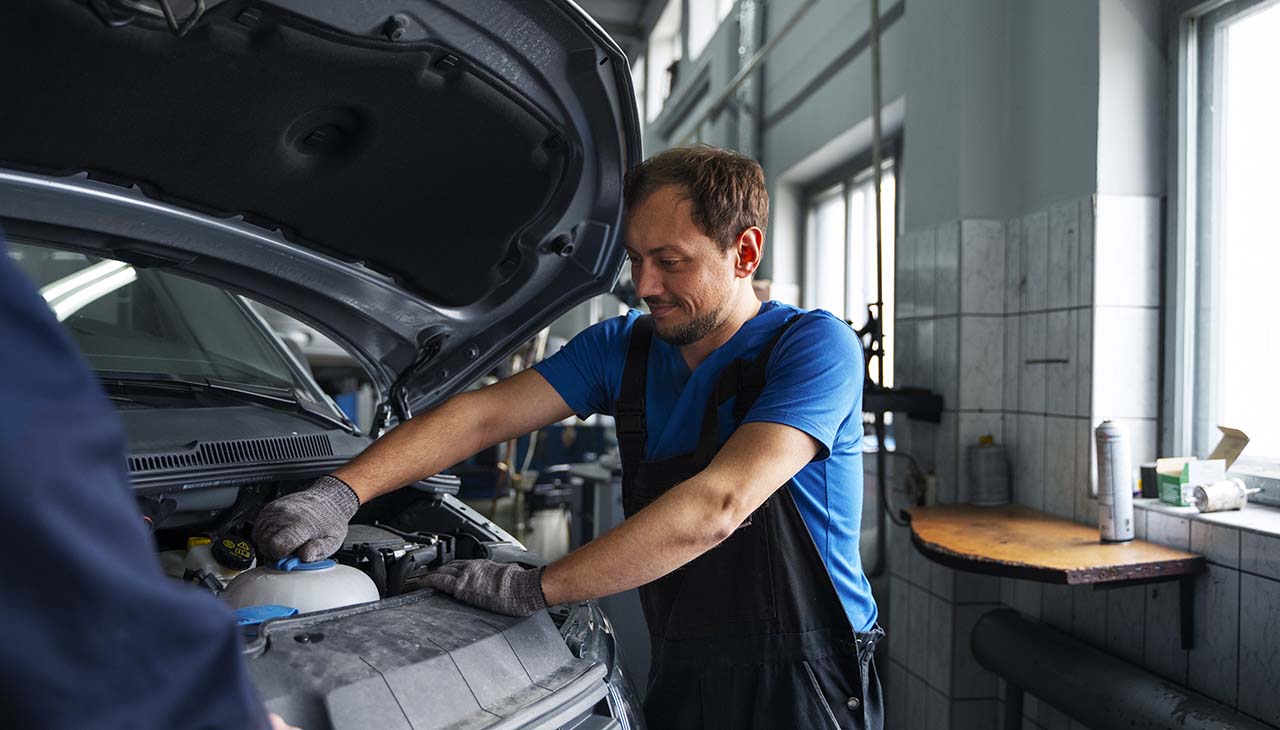
The Benefits of Regular Vehicle Maintenance: Saving Money and Ensuring Safety
On April 9, 2024 by TACadminIntroduction
Every car owner knows that owning a vehicle is not just about the freedom and convenience it provides; it’s also a significant investment. To protect this investment, regular vehicle maintenance is essential. Not only does it help you save money in the long run, but it also ensures your safety and that of your passengers. This blog post will delve into the numerous benefits of regular maintenance, offering valuable insights for car owners, auto enthusiasts, and safety-conscious drivers.
The Financial Benefits of Regular Maintenance
Prevent Major Repairs
Routine maintenance is akin to preventive medicine. By addressing minor issues early, you can prevent them from escalating into major, costly repairs. For example, a simple oil change can prevent engine damage, while checking and replacing worn brake pads can save you from the expense of replacing the entire braking system.
Extend Vehicle Lifespan
A well-maintained vehicle runs more efficiently and lasts longer. Regular maintenance ensures that all components are in optimal working condition, reducing wear and tear. This means you can enjoy your vehicle for many years without the need for premature replacement, ultimately saving you the cost of buying a new car sooner than necessary.
Improve Fuel Efficiency
Proper maintenance, such as keeping tires inflated to the correct pressure and ensuring the engine is running smoothly, can significantly improve fuel efficiency. A well-maintained vehicle consumes less fuel, which translates to savings at the gas pump. Over time, these savings add up, making regular maintenance a financially wise decision.
Safety First
Optimal Braking and Steering
Your vehicle’s braking and steering systems are crucial for safe driving. Regular checks and maintenance of these systems ensure they function correctly, reducing the risk of accidents. For example, replacing brake pads before they become too worn can prevent brake failure, while regular alignment and balancing of tires ensure better steering control.
Reduce the Risk of Breakdowns
There’s nothing more inconvenient and potentially dangerous than a vehicle breakdown, especially on a busy highway or in adverse weather conditions. Regular maintenance checks, including battery tests and inspection of belts and hoses, can identify potential issues before they lead to a breakdown. This proactive approach ensures your vehicle is always road-ready, reducing the risk of unexpected disruptions.
A Breakdown of Maintenance Schedules
Oil Changes
Regular oil changes are crucial for engine health. Typically, oil should be changed every 3,000 to 5,000 miles, depending on your vehicle and driving conditions. Fresh oil lubricates engine components, reduces friction, and helps prevent overheating.
Tire Rotations
Rotating your tires every 5,000 to 7,500 miles ensures even tire wear, extending their lifespan and improving handling. Uneven tire wear can lead to poor traction, increasing the risk of accidents, especially in wet or slippery conditions.
Fluid Checks
Regularly checking and topping up essential fluids, such as coolant, brake fluid, transmission fluid, and power steering fluid, ensures your vehicle operates smoothly. Low or contaminated fluids can cause significant damage and affect your vehicle’s performance and safety.
The Role of Technology and Innovation
Modern Diagnostic Tools
Advancements in technology have made vehicle maintenance more efficient and accessible. Modern diagnostic tools can quickly identify issues that would have taken hours to diagnose manually. These tools provide detailed information about your vehicle’s health, making it easier to pinpoint problems and address them promptly.
High-Performance Parts
Innovations in automotive technology have led to the development of high-performance parts that last longer and perform better. For example, synthetic motor oils offer superior protection compared to conventional oils, and advanced brake pads provide better stopping power and durability.
DIY vs. Professional Maintenance
When to Seek Professional Help
While some maintenance tasks can be performed by car owners, others require professional expertise. Complex tasks such as engine diagnostics, transmission repairs, and brake system overhauls should be left to experienced mechanics. Professionals have the tools, knowledge, and experience to handle these tasks safely and effectively.
Simple DIY Tasks
Car owners can perform several simple maintenance tasks themselves, such as changing the oil, replacing air filters, and checking tire pressure. These tasks require minimal tools and can be done at home, saving money on labor costs. However, it’s essential to follow the manufacturer’s guidelines and use the correct parts and fluids for your vehicle.
Conclusion
Regular vehicle maintenance offers dual benefits: saving money and ensuring safety. By investing time and effort into routine maintenance, you can prevent major repairs, extend your vehicle’s lifespan, and improve fuel efficiency. Moreover, regular maintenance helps maintain optimal braking and steering, reducing the risk of accidents and breakdowns. With the advent of modern technology, maintaining your vehicle has never been easier or more effective.
Archives
Calendar
| M | T | W | T | F | S | S |
|---|---|---|---|---|---|---|
| 1 | 2 | 3 | 4 | 5 | 6 | |
| 7 | 8 | 9 | 10 | 11 | 12 | 13 |
| 14 | 15 | 16 | 17 | 18 | 19 | 20 |
| 21 | 22 | 23 | 24 | 25 | 26 | 27 |
| 28 | 29 | 30 | ||||
 Skip to content
Skip to content